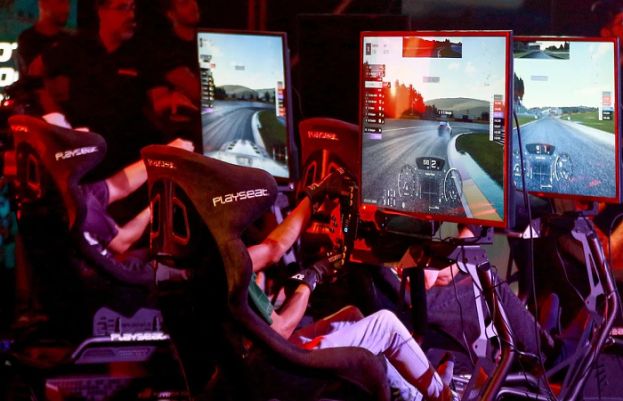Chinese regulators announced on Friday a wide range of rules aimed at curbing spending and rewards that encourage video games, dealing a blow to the world’s biggest games market, which returned to growth this year. The new rules, which will effectively set spending limits for online games, sparked panic among investors, wiping off nearly $80 billion in market value from China’s two biggest gaming companies, as investors sought to gauge the potential impact on earnings and more restrictions in the offing. Online games will now be banned from giving players rewards if they log in every day, if they spend on the game for the first time or if they spend several times on the game consecutively. All are common incentive mechanisms in online games. Shares in Tencent Holdings, the world’s biggest gaming company, tumbled as much as 16% at one point, while those of its closest rival, NetEase, plunged as much as 25% after the National Press and Publication Administrations published the new draft rules. Shares of tech investor Prosus followed Tencent lower, losing 14.2% in early trade on Friday and were among the biggest fallers on the pan-European stock index. Prosus owns a 26% stake in Tencent. “It’s not necessarily the regulation itself – it’s the policy risk that’s too high,” said Steven Leung, executive director of institutional sales at broker UOB Kay Hian in Hong Kong. “People had thought this kind of risk should have been over and had started to look at fundamentals again. It hurts confidence a lot.” Beijing has become increasingly tough on video games over the years. In 2021, China set strict playtime limits for under 18s and suspended approvals of new video games for about eight months, citing gaming addiction concerns. Although the crackdown formally ended last year with the resumption of new game approvals, regulators have continued to impose restrictions to curb “in-game” spending. The new rules revealed on Friday are the most explicit yet aimed at curbing in-game spending.
China announces rules to reduce spending on video games

